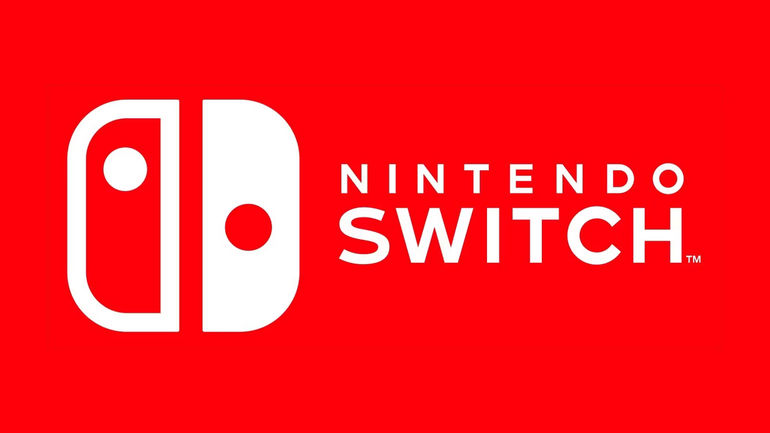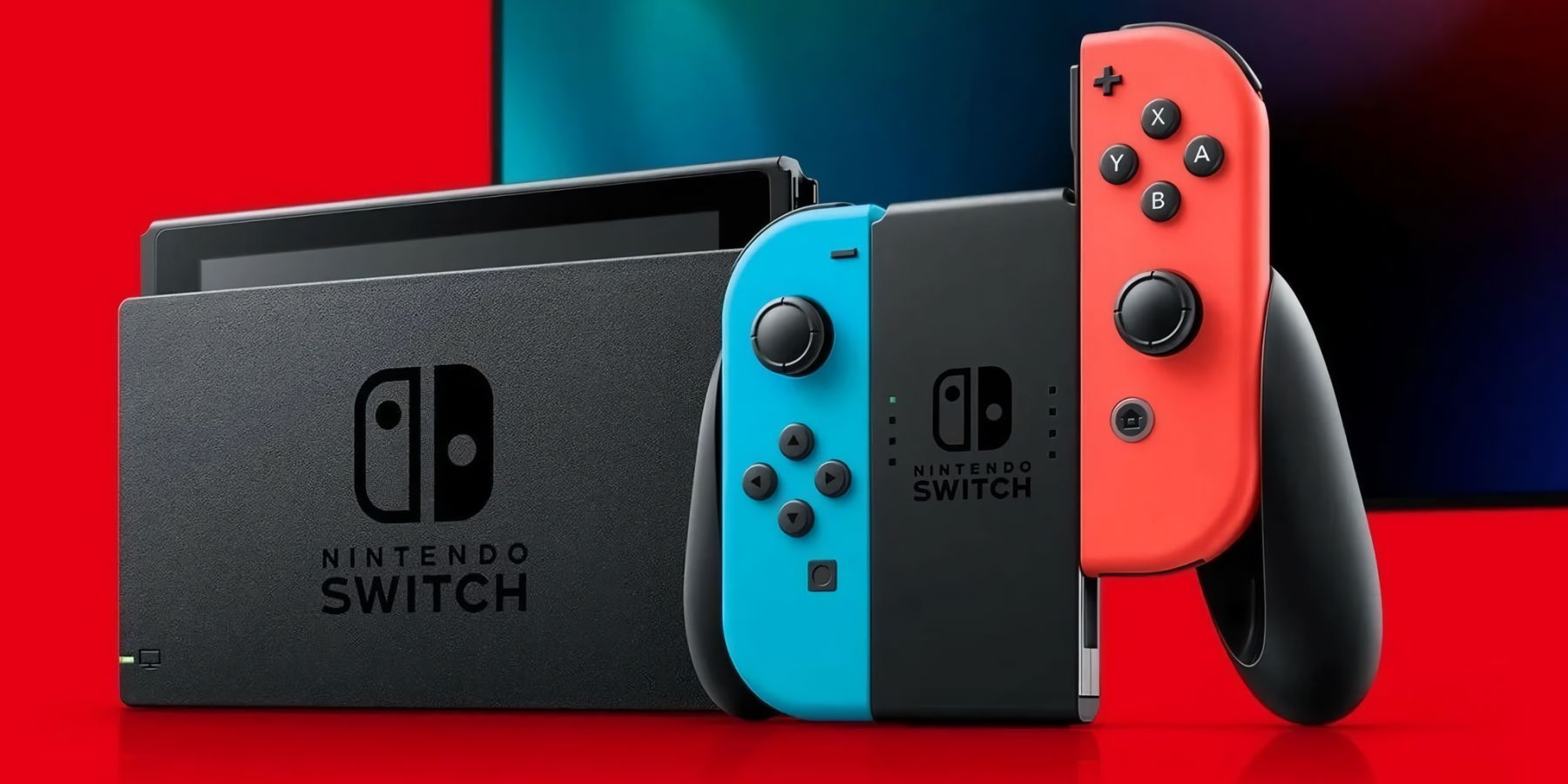
Nintendo Wins Legal Battle Against Switch Emulator Developer

After a federal court lawsuit, the developers of a renowned Switch emulator agree to a substantial settlement payment to Nintendo, marking a significant victory for the gaming giant.
Yuzu, a popular open-source Switch emulator, has agreed to settle a lawsuit with Nintendo. The settlement includes a payout of $2.4 million to Nintendo, pending approval. As part of the agreement, Yuzu and all related parties are prohibited from distributing and developing the Switch emulator in its current form. Additionally, Yuzu's websites and code repositories will be taken down.
In late February, Nintendo filed a lawsuit against Tropic Haze, the development company behind Yuzu. The lawsuit was filed in the US District Court of Rhode Island, with Chief Judge John J. McConnell overseeing the case. Nintendo alleged that the Yuzu emulator was created to bypass the Switch's software encryption layers, potentially leading to piracy of Nintendo's games. Nintendo argued that Yuzu's tools violated the Digital Millennium Copyright Act (DMCA). Prior to the lawsuit, Yuzu had set up a Patreon page for donations to support its development. Nintendo claimed that support for Yuzu had increased leading up to the release of The Legend of Zelda: Tears of the Kingdom. This increase in support coincided with the early piracy of the game, resulting in story spoilers circulating on social media.
Tropic Haze to Pay Nintendo $2.4 Million and Cease Yuzu's Development
Despite Tears of the Kingdom sales remaining steady, Nintendo remained protective of its IPs. The US District Court of Rhode Island announced on March 4 that Nintendo would be receiving $2.4 million from Tropic Haze as part of a permanent injunction and settlement. As per the agreement, Tropic Haze had to stop the production and development of Yuzu in its current form and hand over control of its websites to Nintendo. Yuzu confirmed the end of the emulator's development on social media, emphasizing its anti-piracy stance.
Twitter article posted by OatmealDome
Twitter article posted by yuzu
However, this isn't the first time Nintendo has used the DMCA in court. Back in May 2023, Nintendo issued a DMCA takedown notice against Valve and the developers of the Dolphin emulator. This emulator allows users to play GameCube and Wii games on their computers. Although the Dolphin Emulator has been removed from Steam, it is still being worked on as of now.
A promotional image for a Nintendo Switch, showing the docked console and the JoyCon controllers. - The pending settlement between Tropic Haze and Nintendo is not the first time the company has flexed its anti-piracy muscle
The upcoming agreement between Tropic Haze and Nintendo is not the initial instance where the company has shown its stance against piracy. It remains to be seen what steps Nintendo will take to combat piracy for the next version of the Switch.
Editor's P/S:
The settlement between Nintendo and Yuzu highlights the ongoing battle between copyright holders and emulator developers. While emulators can provide access to classic games and allow for preservation, they can also facilitate piracy. Nintendo's lawsuit and the resulting settlement send a strong message that it will not tolerate unauthorized use of its copyrighted material.
The agreement also raises questions about the future of emulation and its role in the gaming industry. Emulators have become increasingly sophisticated, and they can now run games that were once impossible to play on modern hardware. However, as emulators continue to evolve, so too will the efforts of copyright holders to protect their intellectual property. It remains to be seen how the balance between emulation and piracy will be struck in the future.














